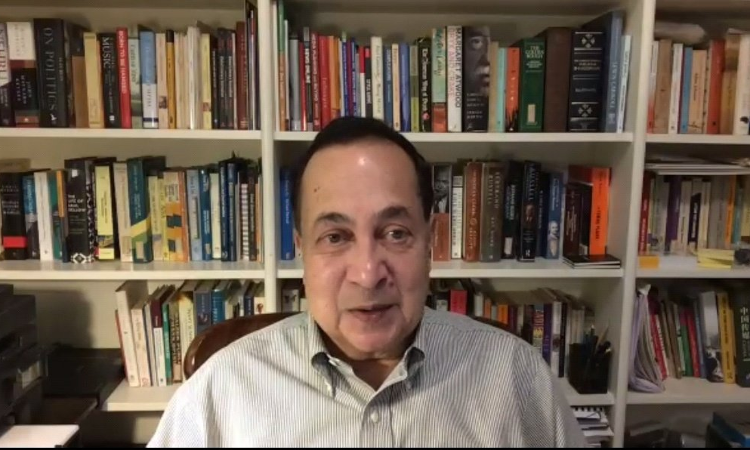Win For Investigative Journalism : N Ram On Supreme Court's Pegasus Order
Sneha Rao
29 Oct 2021 9:00 AM IST

Next Story
29 Oct 2021 9:00 AM IST
A 3-judge bench of the Supreme Court of India of Justices N.V.Ramana, Surya Kant and Hima Kohli ordered the constitution of an independent expert committee to look into the allegations of widespread and targeted surveillance of politicians, journalists, activists, etc using the Pegasus software.The functioning of the committee will be overseen by retired Supreme Court judge Justice...
